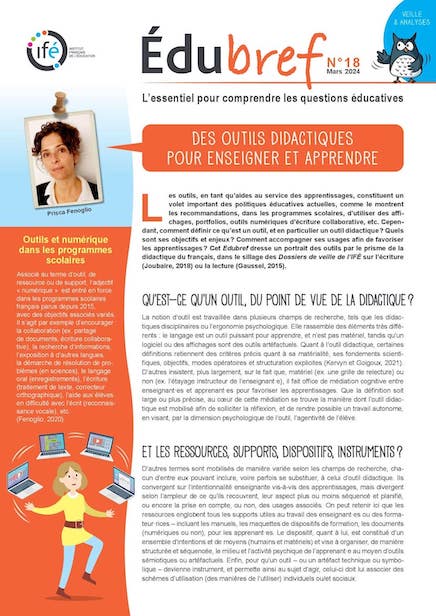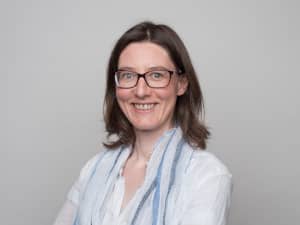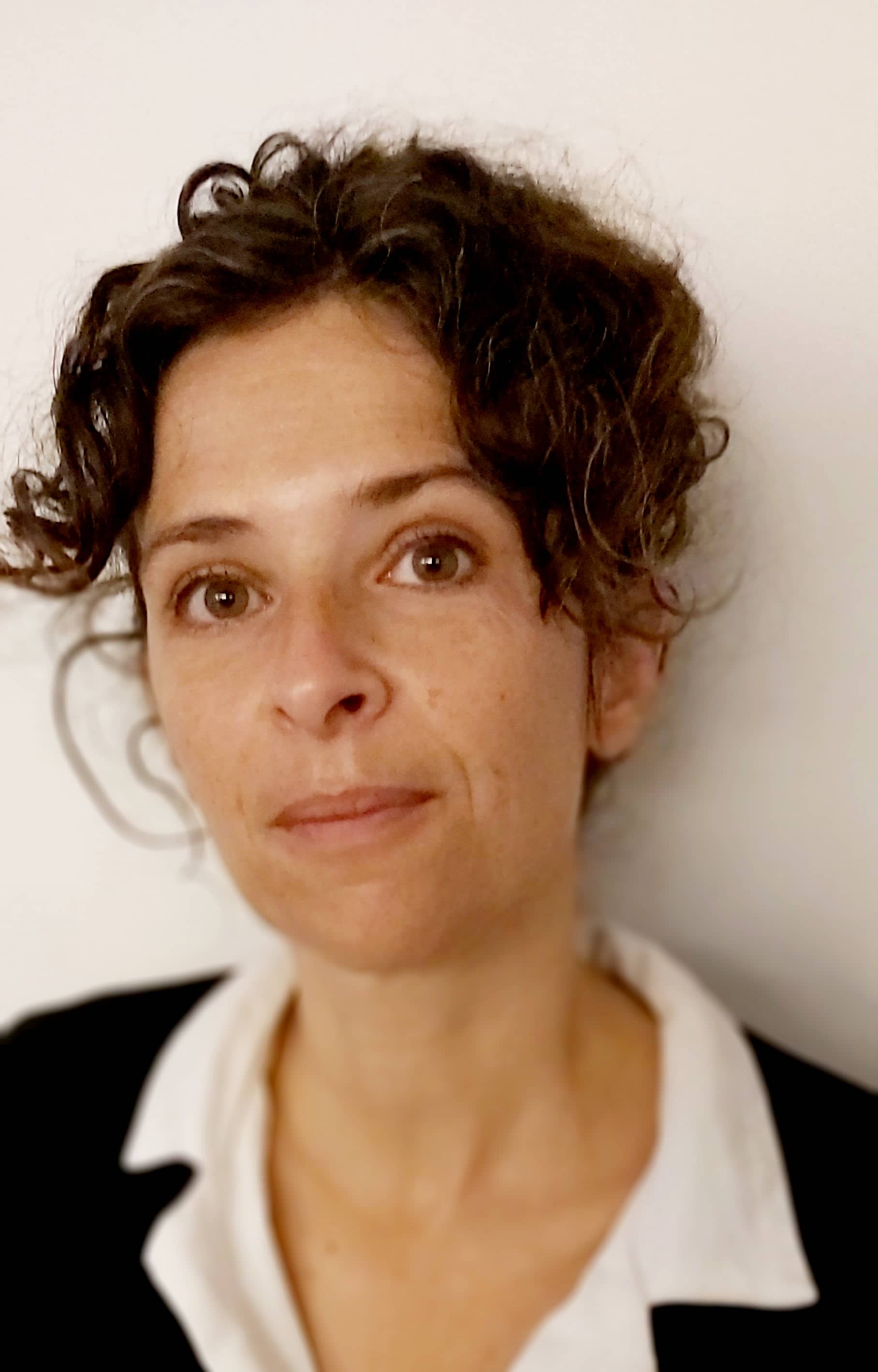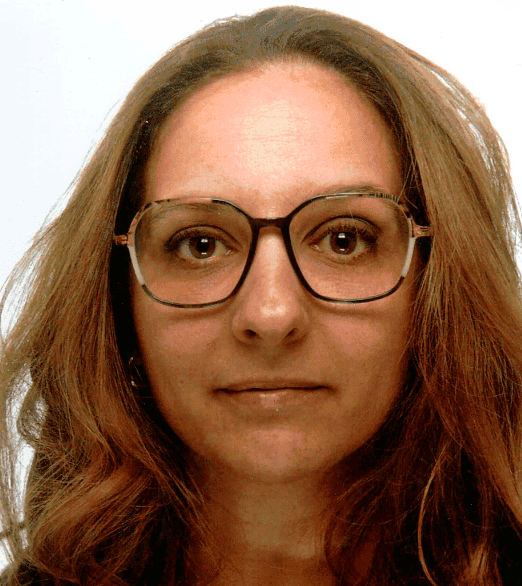EHEA 2019 - Bologna process beyond 2020 - Fundamental values of the EHEA
Date : du 24-06-2019 au 25-06-2019
Lieu : Bologne
Modalité : présentiel
Organisation :
Italian BFUG secretariat 2018-2020
Programme :
In June 1999, Ministers from 29 European countries met in Bologna to sign the “Declaration” which formally gave rise to the Bologna Process. Its aim was to make our countries’ very different higher education and training systems more compatible, in order to facilitate collaboration, mobility, international understanding and the continuous improvement of the quality of our higher education provision.
Today the Bologna Process has grown to comprise the much larger European Higher Education Area (EHEA). This now includes 48 European countries plus the European Commission and numerous consultative members and partners, representing public authorities, higher education institutions, associations, quality assurance agencies, international organizations and other relevant stakeholders.
The Alma Mater Studiorum – Università di Bologna, jointly with the Italian Ministry for Education, Universities and Research, under the aegis of the Observatory of the Magna Charta Universitatum and the European University Association (EUA), wish to invite you to celebrate the Twentieth Anniversary of the Bologna Declaration, to be held in Bologna on 24 and 25 June 2019.
As is well known, the Ministers in charge of Higher Education in the EHEA countries periodically meet to take stock and to determine future actions. At their recent Paris Conference, in May 2018, they adopted a ‘Communiqué‘ which fixes present priorities and looks beyond towards a more ambitious European Higher Education Area in and after 2020.
Italy, host of the 2020 Ministerial Conference and presently seat of the Secretariat of the Bologna Follow-Up Group (BFUG), wants this Celebration to have a proactive, future-oriented role, providing the platform for a large-scale mid-term academic consultation on the future of the Bologna Process and the EHEA. We hope to involve hundreds of international scholars, students and staff, to focus on the fundamental values of the EHEA, and to help elaborate a “Vision” for European higher education beyond 2020. We sincerely hope you will take this opportunity to share your views and ideas on the future of the Bologna Process and EHEA, in the historical setting of Bologna.
Your contribution will be crucial in preparing a Statement by the international academic community to be presented during the Ministerial Conference to be held in Rome in June 2020.
Bologna’s porticoes and squares have welcomed communities of scholars from many countries since the year 1088: in 2019 they hope to welcome you, to join in celebrating the Twentieth Anniversary of the Bologna Process.
Programme:
- Celebration of the Bologna Declaration 20th Anniversary
- Paralell sessions:
1. Academic and related civic values in changing societies
Autonomy, academic freedom, equity and integrity have entered common usage in recent decades. They are considered to be among the core values of academia and crucial conditions for trust and reliability. Yet making declarations about such principles of good practice isn’t the same as actually embracing and practicing them.
Clientelism, commodification, competitiveness, corruption are only a few among the many deviations from good and fair practice. Operational autonomy of universities in relation to the state is often followed up by new and other regulators that are more influential than state bureaucracies have ever been. How can universities be safe havens of open debate and free expression in times of high political tension? How to build strong communities of shared values and how to monitor living or cheating academic values in the EHEA – these are the types of questions that we would like to see addressed.
Similarly, we would welcome contributions on knowledge production, transmission and dissemination as a public good. The high days of the concept of the public or common good in relation to higher education and research seem to be over. How to bend this trend?
2. Student-centred Learning
Students are the primary raison d’être of any university. Their successful knowledge and skills acquisition and their subsequent graduate careers are what universities are for. So it comes as no surprise that student-centred learning has become a standard phrase in curriculum design, in quality assurance as well as in educational policies. At the same time mass enrolment, standardized performance measuring and classroom traditionalism are anything but promoting student agency, individual sense of ownership and freedom of choice.
We would like to invite colleagues to present cases of good practice and successful innovations. Above all we would like to encourage students or recent graduates themselves to participate and contribute; if possible not only by analysis and criticism, but also by presenting good practices of student-centred learning.
3. Providing Leadership for Sustainable Development, the Role of Higher Education
The Sustainable Development Goals are set by the United Nations to achieve a more sustainable future for all. They each are specific and interconnected at the same time. It is crystal clear that working towards these goals requires skilled people and the right kind of policies, innovative solutions and constructive collaborations on many fields. Interdisciplinary teaching, learning and research at universities have a key role to play. For higher education institutions these goals require a deep rethinking of traditional education and the design of innovative research projects and programs.
It is our ambition to empower Higher Education and Research systems in the EHEA to play a more strategic and effective role in meeting these goals by identifying and sharing powerful arguments, attractive incentives and good practice already implemented in academia.
4. The Social Dimensions of Higher Education
Universities do not exist for themselves or for members of their academic communities in the first place. Their role and use is a societal one. This poses a catalogue of challenges. If society is to benefit, how can this best be done? If society is to benefit, which society are we talking about? How can existing inequalities of Higher Education and Research in terms of access and outreach be smoothened? How could academia become a diverse community itself? As super-diversity is a characteristic of many societies in our time, it is a true challenge for universities to truly reflect and embrace this trait. Is HE ready to move beyond present indicators of productivity in research and teaching and integrate scientific excellence with social responsibility?
The rise of ‘populism’ with its strongly anti-elitist and anti-intellectual tendencies makes universities look as standing apart, on the side of cosmopolitanism, internationalism and other in the eyes of some undesirable isms. Can Higher Education regain its position in the centre of society and be making sense to all of it?
5. Careers and Skills for the Labour Market of the future
There is already a long tradition of skills and competences-oriented education to respond to the assumed demands of a developing labour market. This has been a welcome addition and correction to a knowledge base driven curriculum. It seems, however, that additional adjustments are needed. Skills and competences have usually been defined in terms of a changing world of technological innovation, business reinventions and global connectivity. Isn’t another look at the labour market of the future needed, one that includes social innovation, local relevance and community development? Our societal developments require profound and agile skills in teachers, local leadership professions and competences for community build-up. Whereas in East Asia a recent trend has been pointing to the arts, the humanities and the social sciences as disciplinary fields where innovated knowledge and skills are needed in the interest of diverse societies, the same fields are very under pressure in the US and some place in Europe. Learning from Asian examples might be part of what we should do in the EHEA.
- Plenary sessions
URL : http://bolognaprocess2019.it/
Contributions :
• articles : http://bolognaprocess2019.it/.../
• enregistrement vidéo : http://bolognaprocess2019.it/.../
Le site de la conférence permet d'accéder aux vidéos des conférences plénières et leur résumé et propose en téléchargement les actes intégraux (pdf, 380 p.).
mot(s) clé(s) : enseignement supérieur, politiques éducatives














